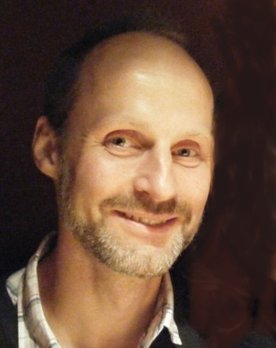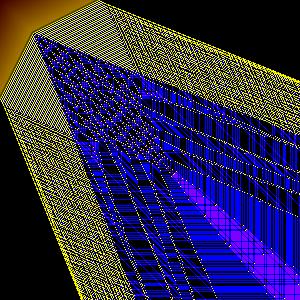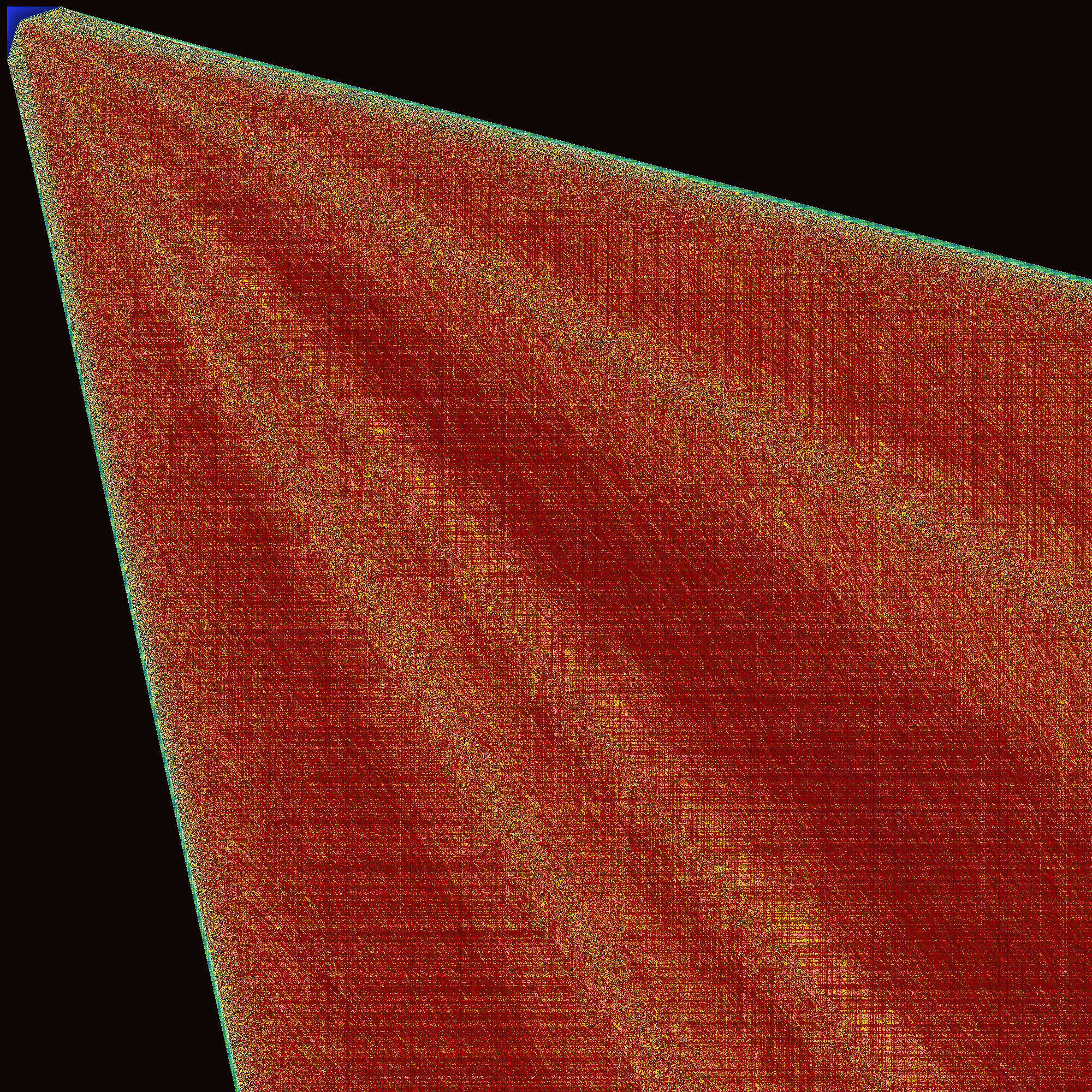Urban Larsson, Ph.D. in Mathematics
I am an associate professor at IEOR, IITB in India.Homepage (under construction): my IITB homepage.
Phone: +919152881011
E-mail: larsson(at)iitb.ac.in, urban031(at)gmail.com
We were recently organizing a workshop Games at Mumbai 2024. Dates 21-25 January 2024. For those interested, please let us know prefered dates for a follow up event in 2026.
My favourite topics are Game Theory, Discrete Mathematics, Number Theory, Combinatorics, Cellular Automata, Mechanism Design, Algorithms, and more.
I am the Editor of the volumes Games of No Chance 5 and 6, MSRI, CUP (see also GONC for the first book in this popular series of books of peer reviewed papers in combinatorial game theory), and I am an Associate Editor for the International Journal of Game Theory. We published a special issue on combinatorial games, with high standard research papers invited from the conferences CGTC I and CGTC II and beyond.
My previous research positions were at National University of Singapore, School of Computing, with Prof. Reza Shokri and Prof. Yair Zick; at the Technion with Prof. Reshef Meir and Ron Lavi; and at Dalhousie University (a Killam postdoc 2014-2016) with Prof. Richard Nowakowski. My Phd-advisers were Docent Johan Wästlund and Prof. Peter Hegarty.
Recent events: Several combinatorial games' workshops and seminars in Japan May 2023, at National Instititue of Informatics (Tokyo), Kyoto University, and Kyushu University. Workshops.
Workshop in Combinatorial Game Theory November 4-8 2019 CGT-workshop at IIT Bombay, invited by Prof. K.S. Mallikarjuna Rao.
Workshop in Combinatorial Game Theory CGT-workshop at The Ohio State University June 3-7 2019, host Dr. Erika Berenice Roldan Roa.
AAMAS 2019 tutorial on Combinatorial Game Theory: AAMAS Lecture.
The workshops at Ohio State University and IIT Bombay lead to a chapter in a book about art and mathematics: CombinArtorial games, and pdf (file is 140 MB so might take a few seconds to load).
I organized a workshop in Combinatorial Game Theory at the Technion, Israel, 2018, Games@Carmel 2018.
Combinatorial Game Theory contibutions:
We are accepting submissions for a future issue in the book series Games of No Chance, GoNC7 (announced at Games at Mumbai 2024). The deadline for submissions is January 2026. In addition to original research, we invite a few surveys on selected CGT-topics. If you are interested in contributing, please send an email to larsson(at)iitb.ac.in.



